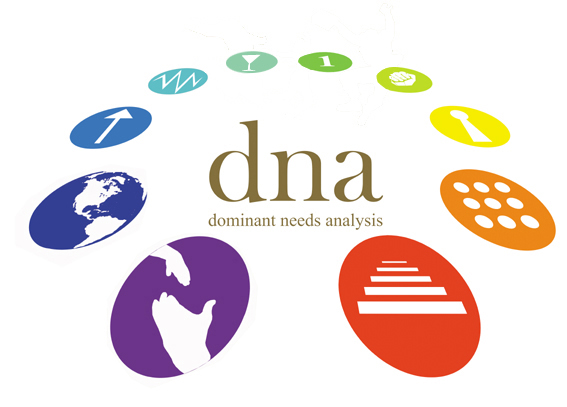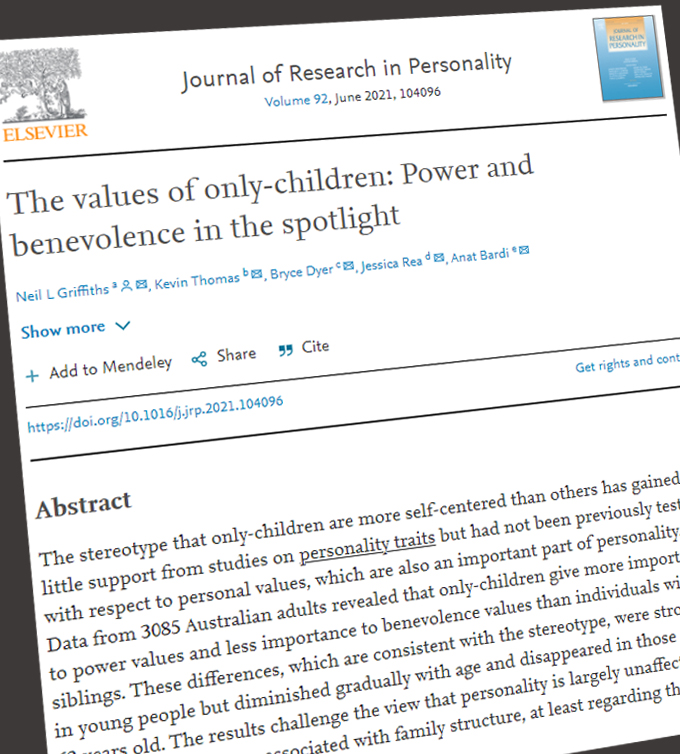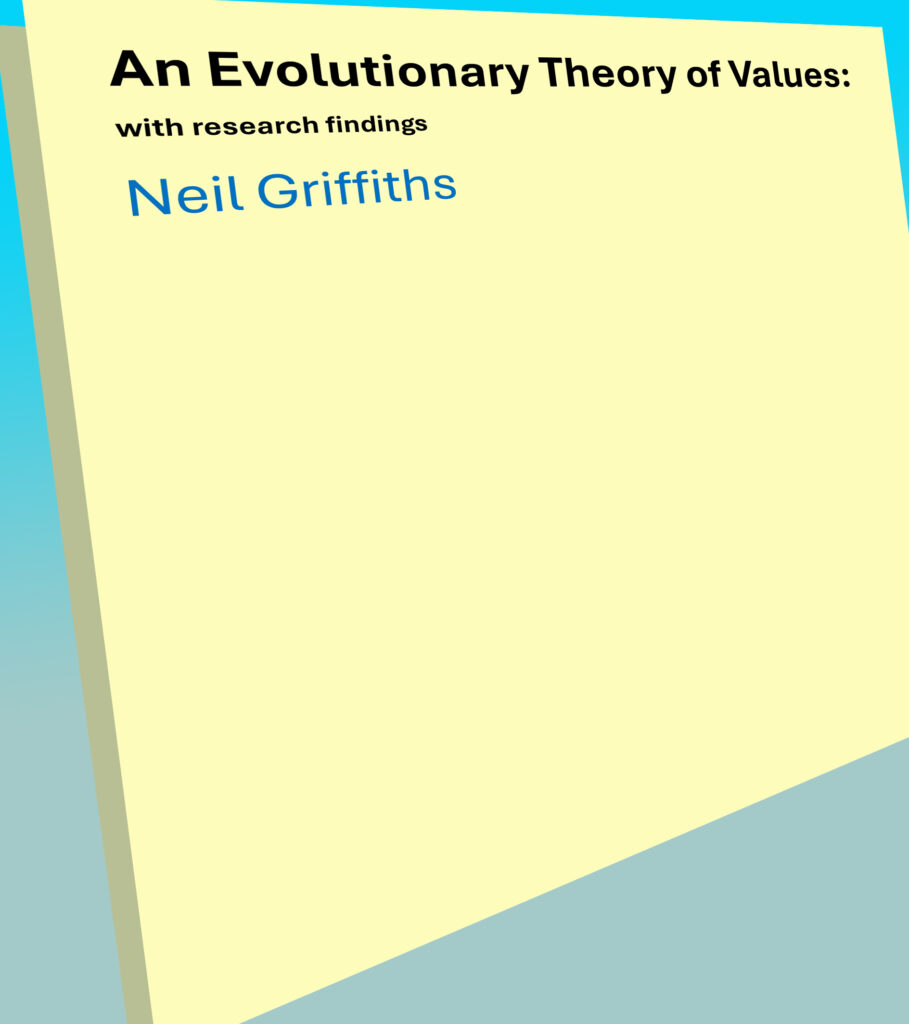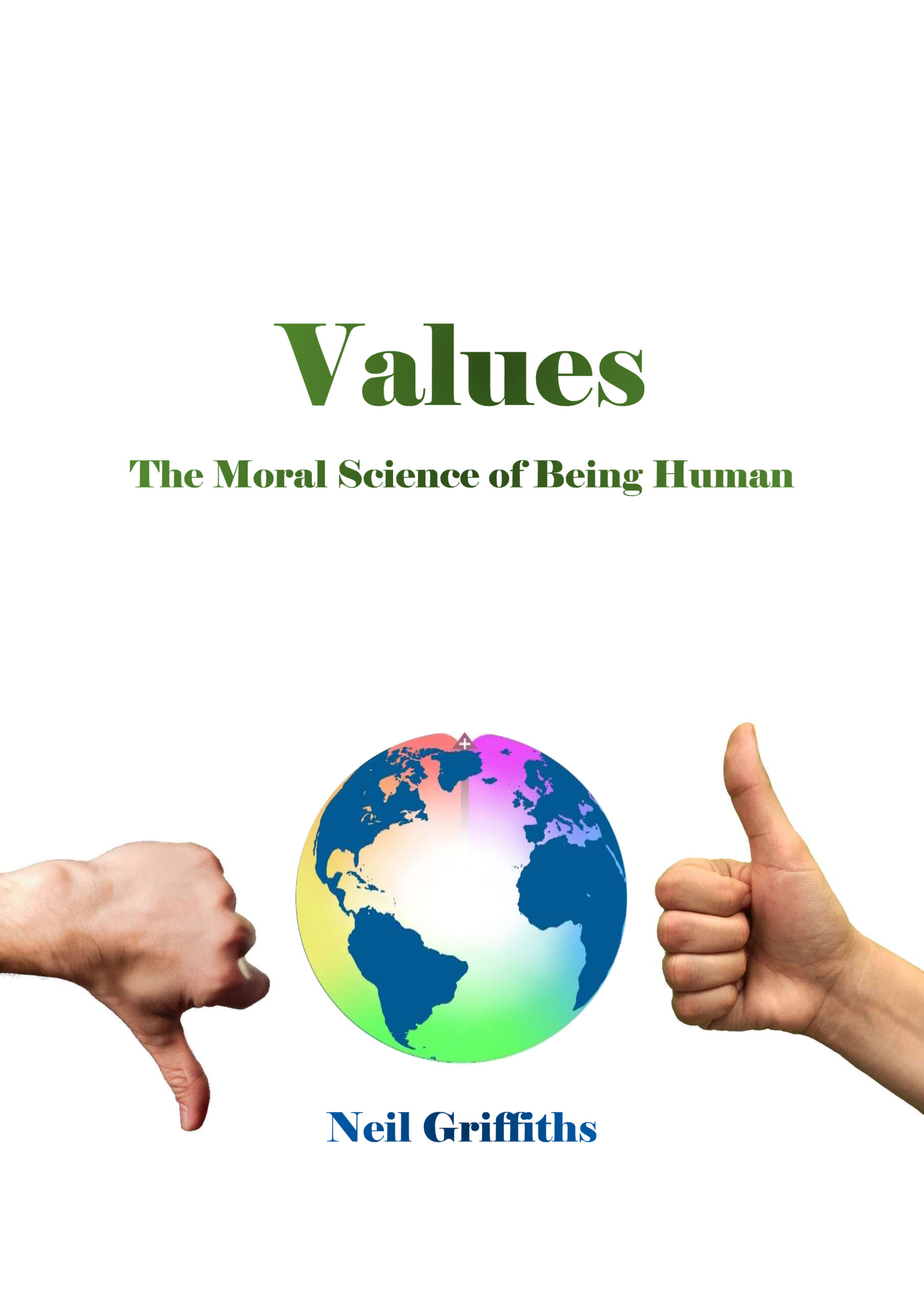Research, Values & Dominant Needs Analysis
an introduction from Neil Griffiths

Too many economists, business people and even politicians seem to forget that their strategies are played out by people not mindless mechanical units. Accordingly, they underestimate the importance of psychology. If that wasn't bad enough, at times even psychologists seem to scrabbling in the dark when it comes to understanding what makes us tick.
Who are we? Why do we do the things we do? Why are we different? These are the questions I asked myself as I grew up and experienced more and more about the wonderful and terrible things we do - to ourselves and others. About fifty years after Maslow, I figured the route to the answer lay on a path laid down by our needs. Blessed by science unavailable to Maslow, I set about thinking about how people could be better encouraged to do fewer terrible things and more wonderful things - in our private lives, in business and in the way we govern ourselves.
Our personalities may be considered as comprising two parts: traits (what we do) and values (what's important to us). These are scientifically measured through Big Five (or HEXACO) traits and Schwartz Values psychometric instruments respectively. An example of the former, NEO-PR, is sometimes used in business, but many of the most popular psychometric tools measure neither traits nor values, but abstract conceptions never used in scientific studies.
When I entered the world of psychology, the received opinion was that personality traits were far more important than values because they were heritable and thought to be stable, while values were thought by most to be merely cultural adaptations. This seemed strange to me, as values represent motives for action, whereas traits relate to actions, values are systematically related, whereas Big Five traits are not. Since then, having begun my jourrney into academia, I am pleased to say recent research findings show values are also heritable and, while developable, are as stable as traits. These findings are consistent with the evolutionary theory I have been working on that places values at the heart of personality, and equivalents thereof at the heart of all systems in nature.
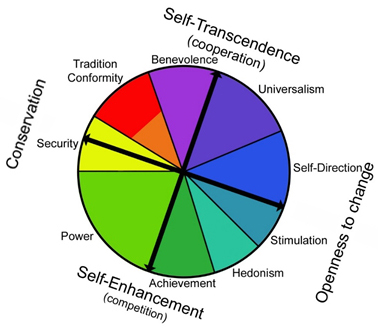
Values are universally shared abstract concepts such as honesty, curiosity and ambition that reflect our needs. They are deeply held and affect us consciously and unconsciously. We differ in the relative importance we attach to each, and these differences define us as individuals. If we have a great need for the esteem of others this will be reflected in our values: we will place more importance on such values as ambition, success, maintaining public image, influence, etc., and less on values that compete, such as curiosity, honesty and social justice. Such differences determine how we invest our limited resources and what we get in return. In 1992 Shalom Schwartz published seminal research showing that the 56/7 values that guide our perceptions, decision-making and behaviour form a systematic motivational construct.
He grouped these values together under ten headings, that arrange themselves about two perpendicular axes. These represent propensity to change (conservation to openness to change) and mode of change (cooperation to competition). My work is based on three ideas: (1) Schwartz's values sequentially correspond with the values Maslow attached to his hierarchy of needs, (2) Schwartz's axes describe a universal motivational framework that may be used to analyse all complex adaptive systems (e.g. the universe, all organisms and all human activity), and (3) equivalents to these values may be found in all evolutionary systems; the values on the progressive half being internalised sequentially with increasing adaptive complexity.
My first published paper was 'The Values of Only Children'. What started as a matter of general interest - to research the effects of parenting on personality development - turned out to be a useful first step toward proving my theory.
Previous research based on personality traits had concluded there was no truth to the stereotype that only-children tend to be more self-centred than those raised as siblings. Our research found the stereotype was well founded: only-children value power more and the opposite value of benevolence less than siblings.
Unfortunately, academic publishing restrictions mean you can now only read this if you pay, subscribe to the journal, or can gain access through an institution. However, if you are an affronted only-child, I can tell you that the effects are strongest in youth but gradually fade over time. In fact, the effect reaches zero and goes into reverse at around 60 years of age.
The Evolutionary Theory of Values that forms the bedrock of my work brings together insights from quantum and classical physics, chemistry, evolutionary biology, complexity, systems theory and psychology. The paper is accompanied by complementary research that demonstrates the effects of our values on on rational and irrational decision-making.
The subject matter may seem a long way from the world of coaching and business, but this is just a matter of perspective. Not long ago psychology and coaching weren't seen as particularly relevant to business. Not long ago environmental and ethical concerns were also marginal concerns for business. As we learn more the more we understand these things are connected in one system. All my paper does is step outside the usual confines and join the dots. What is revealed is a picture in which people, business, society and all systems of the natural world are seamlessly joined in the grand tapestry of existence.
Values: The Moral Science of Being Human combines the intellectual rigour of a popular science book with the practicality of a self-help guide, delivering the whole with humour and personal anecdotes. The self-help being offered here is for individuals, organizations and society. For you as an individual it offers the chance to better understand what makes you tick, what lies behind your insecurities and your mixed feelings, what drives you and causes you anxiety, and how you can find anchoring points in your make up that will enable you to climb to higher heights of performance and personal wellbeing. Because it helps us understand ourselves as systems, and parts of greater systems, all of which share a common structure, it enables us to translate what we may know about ourselves to better understanding others and then the greater systems we may share: friend groups, communities, teams, organizations, nations etc. In so doing we may learn how to play a constructive role in developing all of these.
Lying at the heart of the book is the evolutionary theory of values referred to above. Presenting this in a book targeted at non-academic readers allows it, its consequences and the development initiatives that spring from it in to be explored in more detail and with a lighter touch. The science is presented in relateable terms, supported by everyday references intended to blur the lines between the personal and the universal, and between hard science and soft feelings.
The hope is it will help readers transform the way they look at themselves, others and society, and inspire them to more directly engage with the huge challenges facing humanity over the coming years.
Jane's 'Creating Agile Leaders' was presented as part of her MSc on Coaching and Behavioural Change at Henley Business School. Featuring interviews with leaders and managers in many sectors, this investigates the impact of the VUCA world on organizations, the need for greater agility and transformational leadership, and the challenges that face those seeking to make the necessary transformations.
It also makes the case for the role values play in transformational leadership and how values can be transformed through appropriate coaching.
Dominant Needs Analysis is the psychometric I developed and used in our decision-making biases research. The underlying machinery that underpins its validity is the Schwartz PVQ-40 - a 40 multiple choice questionnaire and the prescriptive analysis that goes with it that has been tested and proved all over the world by thousands of researchers evaluating the values of millions of individuals. To this I have added layers of systematic interpretation that unleash the true potential of the model. Despite taking only 10 minutes to complete the personal profiles we are able to generate have proved extraordinarily revelatory and versatile in the uses they can be put to, on a personal and organisational level.
More information can be found on the other side of the link.
If You Have Any Questions
Feel free to call Jane on
07894 082992
We are always interested to learn what other organisations are doing and explore how we might be able to help.
